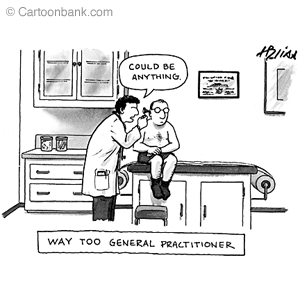Hi,
So my exams are finished, I got into the F1 and F2 placements I wanted in my top choices of hospital and I am sitting around waiting for my exam results. I think the exams went OK, there were some hard questions and some easy questions, but the most important question is whether there were enough easy questions / I did well enough in the hard questions / I messed up too many of the easy questions. I just want to know if I have managed to pass and can be Dr Internal Optimist!
There is nothing I want more at the moment than to be able to change the title of this blog to '
A WEEKLY BLOG FROM A UK JUNIOR DOCTOR
but before that happens I have to have passed my exams! Lots of nervous energy at the moment as I try and waste away the days before results day. It seems so unreal that I am (hopefully) almost at the end of the journey. I have wanted to be a doctor since I was in 6th form - around 16 years old - so this is about 8 years worth of ambition and work. All of my A levels, exams and so on just lead up to this point, so very nervous indeed!
Either way, I will continue trying to use up the huge 'hole' left in my life where revision used to be by enjoying myself (so many hours in the day!) and I will keep you posted.
Wish me luck!
Either way, I will continue trying to use up the huge 'hole' left in my life where revision used to be by enjoying myself (so many hours in the day!) and I will keep you posted.
Wish me luck!





